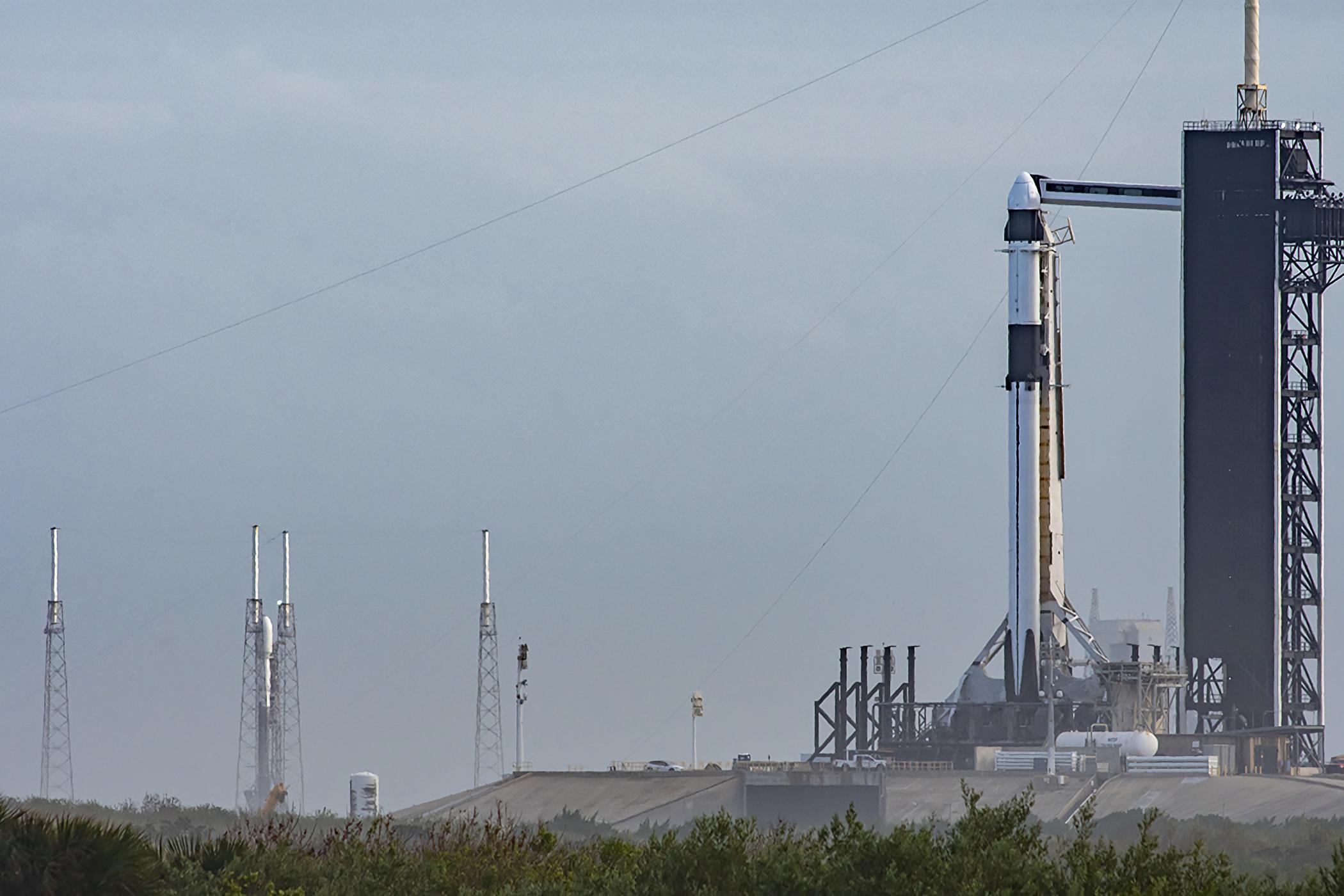
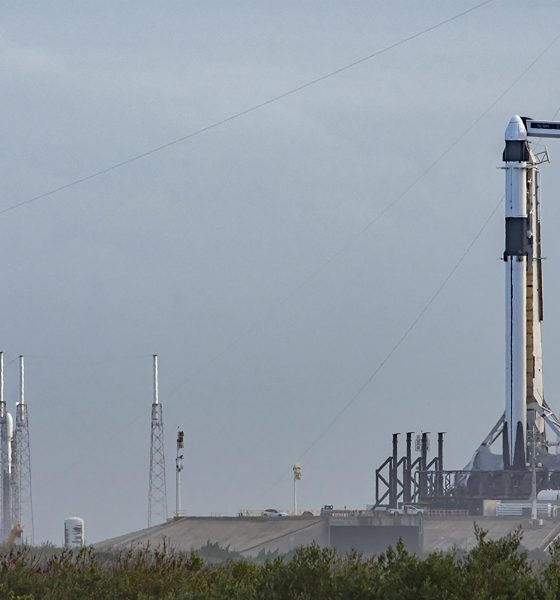
News
SpaceX doubleheader struck down by poor weather
Update: The first of two SpaceX launch attempts scheduled on Tuesday, November 22nd has been called off by poor weather. The weather for the second attempt, carrying a Eutelsat communications satellite, is expected to be just as poor, but SpaceX is still working towards a 9:57 pm EST (02:57 UTC) launch in spite of CRS-26’s bad luck.
SpaceX says it will attempt to launch two Falcon 9 rockets six hours apart after delaying a mission that was scheduled to lift off on November 21st.
The weather at Cape Canaveral is expected to be poor, with just a 10% chance of favorable conditions. But SpaceX says it will still attempt to launch the Eutelsat 10B communications satellite around 9:57 pm EST (2:57 UTC) on Tuesday, November 22nd, after delaying a November 21st attempt “to allow for additional pre-flight checkouts.” Only a few days prior, SpaceX indefinitely delayed a different Falcon 9 launch after apparently uncovering a problem during prelaunch testing. That problem was significant enough for SpaceX’s West Coast drone ship to return to port, guaranteeing a multi-day delay.
Despite back-to-back delays caused by apparent technical issues with two other Falcon 9 rockets, SpaceX’s next Cargo Dragon resupply mission to the International Space Station remains on track to launch as early as 3:54 pm EST (20:54 UTC) on November 22nd.
In the days prior, even Dragon’s CRS-26 mission didn’t escape unscathed. SpaceX discovered a small leak in the Dragon spacecraft earlier this month, forcing it to push the launch from November 21st to November 22nd. Before that, CRS-26 was delayed from November 18th to the 21st in the wake of Hurricane Nicole. Out of coincidence, the combination of the hurricane, Dragon leak, and unspecified issues with Eutelsat 10B’s rocket or payload have placed the launches just over six hours apart.
24 hours out, US Space Launch Delta 45 (formerly the 45th Space Wing) predicts just a 10% chance of favorable conditions for CRS-26 and Eutelsat 10B. The odds that both launches will thread a different 1-in-10 needle six hours apart are not great. Eutelsat 10B has a backup window on November 23rd with a 60% chance of favorable weather, while CRS-26’s next opportunity is November 26th.
CRS-26 will launch several thousand pounds of food, water, supplies, and a third set of upgraded solar arrays to the International Space Station (ISS). The mission will debut a new Falcon 9 booster (B1076) and the fourth and final reusable Cargo Dragon 2 spacecraft (Capsule C211).
In an unusual first, Eutelsat 10B will be the third SpaceX launch this month to intentionally expend a Falcon booster as Falcon 9 B1049 – the oldest in the fleet – flies its eleventh and final mission. The well-worn booster’s sacrifice will help boost the 5.5-ton (~12,000 lb) Eutelsat 10B communications satellite into a higher transfer orbit than usual, likely shaving weeks off the orbit-raising process and allowing it to enter service sooner. SpaceX will still attempt to recover Falcon 9’s payload fairing (nosecone) halves more than a thousand kilometers downrange.

Elon Musk
Elon Musk estimates Tesla Semi could reach Europe next year
“We’ve got the Tesla Semi coming out, the heavy truck, and that’ll be going to Europe hopefully next year,” Musk said.
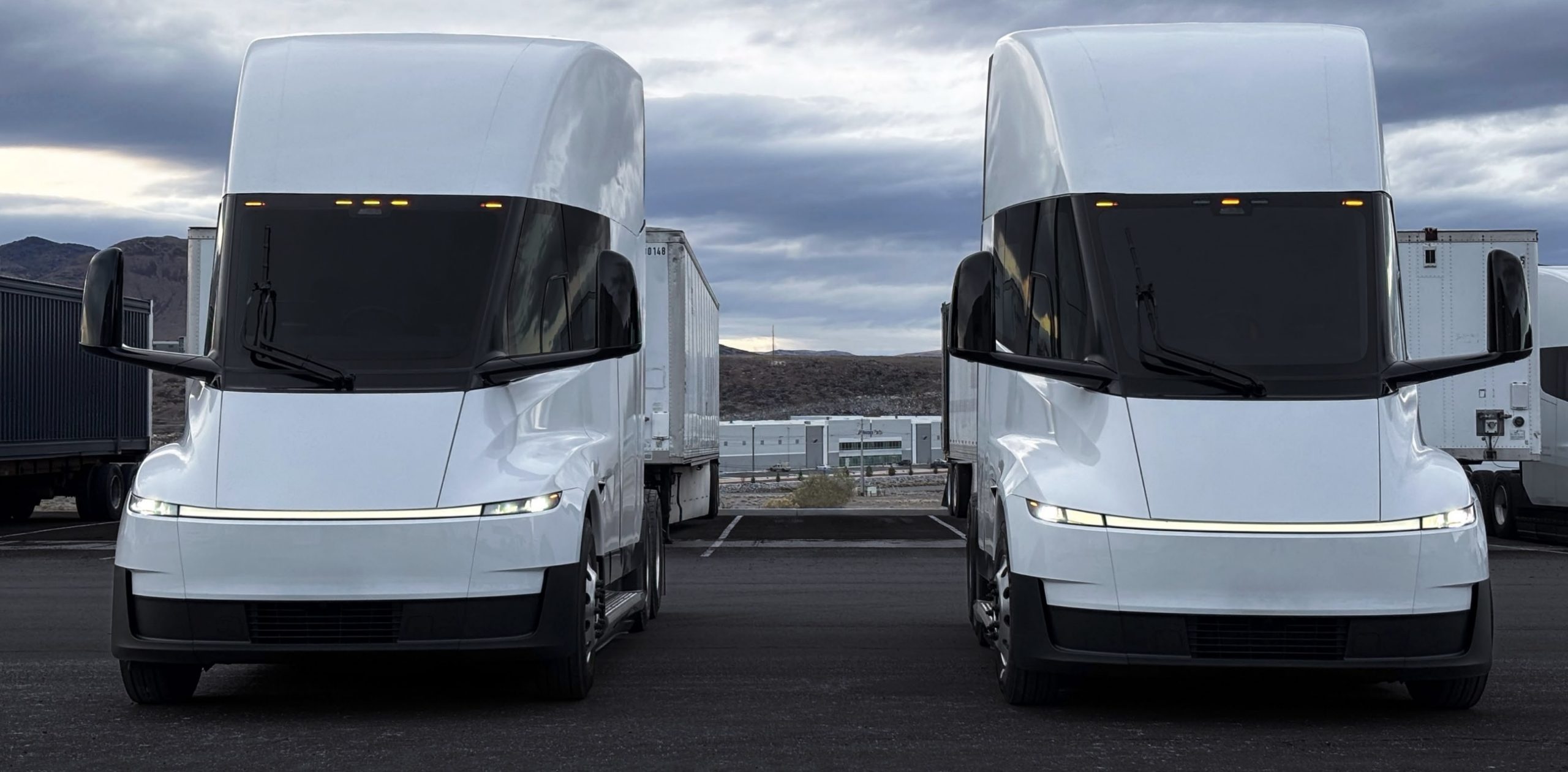
Tesla is preparing to expand its all-electric Semi truck program to Europe, with CEO Elon Musk indicating that the Class 8 vehicle could arrive in the region 2027.
Musk shared his update during an interview about Giga Berlin with plant manager André Thierig, which was posted on X by the official Tesla Manufacturing account.
“We’ve got the Tesla Semi coming out, the heavy truck, and that’ll be going to Europe hopefully next year,” he said.
Tesla has already begun limited production and customer deployments of the Tesla Semi in the United States, with the company working to scale output through the Semi factory near Giga Nevada. Considering Musk’s comments, it appears that a European rollout would be the next phase of the vehicle’s expansion beyond North America.
Musk’s use of the word “hopefully” leaves room for flexibility, but the remark signals that Europe is next in Tesla’s commercial expansion plans.
Musk has consistently argued that electrification should extend beyond passenger vehicles. During the same interview, he reiterated his view that “all ground transport should be electric,” adding that ships, and eventually aircraft, would follow.
The Semi plays a central role in that strategy. Heavy-duty freight remains one of the most emissions-intensive segments of road transport, and European regulators have increasingly pushed for lower-emission commercial fleets.
Tesla recently refreshed the Semi lineup on its official website, listing two variants: Standard and Long Range. The Standard trim offers up to 325 miles of range with an energy consumption rating of 1.7 kWh per mile, while the Long Range version provides up to 500 miles, which should be more than ample for European routes.
Elon Musk
Tesla Cybercab coming next to Giga Berlin, Optimus possibly after
“From a next major product standpoint, I think most likely is the Tesla Cybercab,” Musk said.
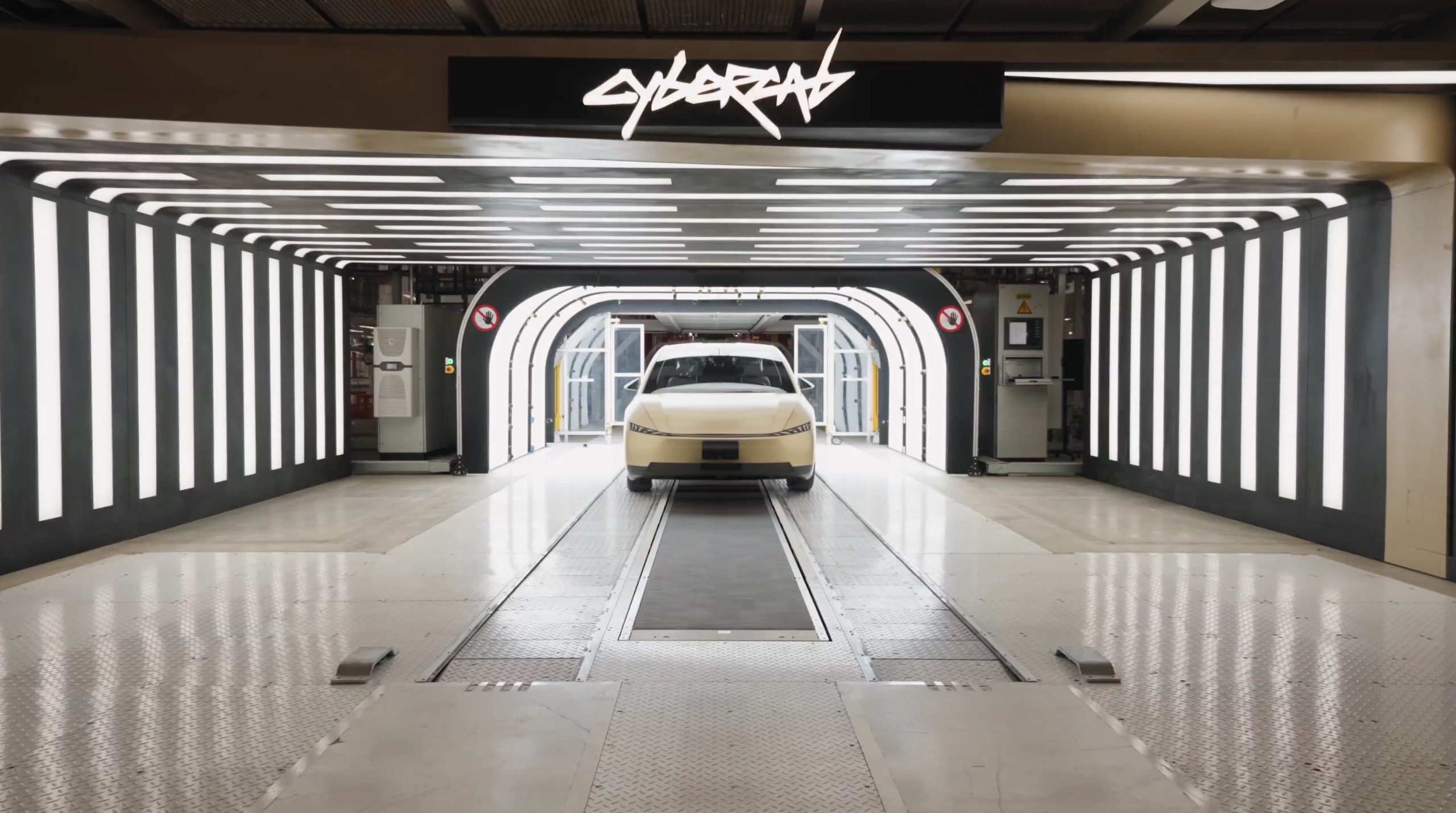
Tesla could add the Cybercab and Optimus humanoid robot to the production lineup at Giga Berlin, as per recent comments from CEO Elon Musk.
During a recent interview with Giga Berlin plant manager André Thierig, Musk identified the Cybercab as the most likely next major product for the German factory, with Optimus potentially following after.
“From a next major product standpoint, I think most likely is the Tesla Cybercab,” Musk said. He added that there are also “possibilities of Tesla Optimus” being produced in the facility.
Tesla has already begun production of the Cybercab in Giga Texas, with volume production expected to ramp this year. Based on Musk’s comments, it appears that if conditions align in Europe, Giga Berlin could eventually join that effort.
The CEO’s comments about Optimus coming to Gigafactory Berlin are quite unsurprising too considering that Musk has mentioned in the past that the humanoid robot will likely be Tesla’s highest volume product in the long run.
Giga Berlin will likely be able to produce mass volumes of Optimus, as the Model S and Model X lines being converted to an Optimus line in the Fremont Factory are already expected to produce 1 million units of the humanoid robot annually.
Apart from his comments about the Cybercab and Optimus, Elon Musk also confirmed that Giga Berlin has started ramping battery cell production and will continue expanding Model Y output, particularly as supervised Full Self-Driving (FSD) gains regulatory approvals in Europe.
Taken together, the remarks suggest Berlin’s role could evolve beyond vehicle assembly into a broader multi-product manufacturing hub, not just a regional Model Y plant.
Energy
Tesla Powerwall distribution expands in Australia
Inventory is expected to arrive in late February and official sales are expected to start mid-March 2026.
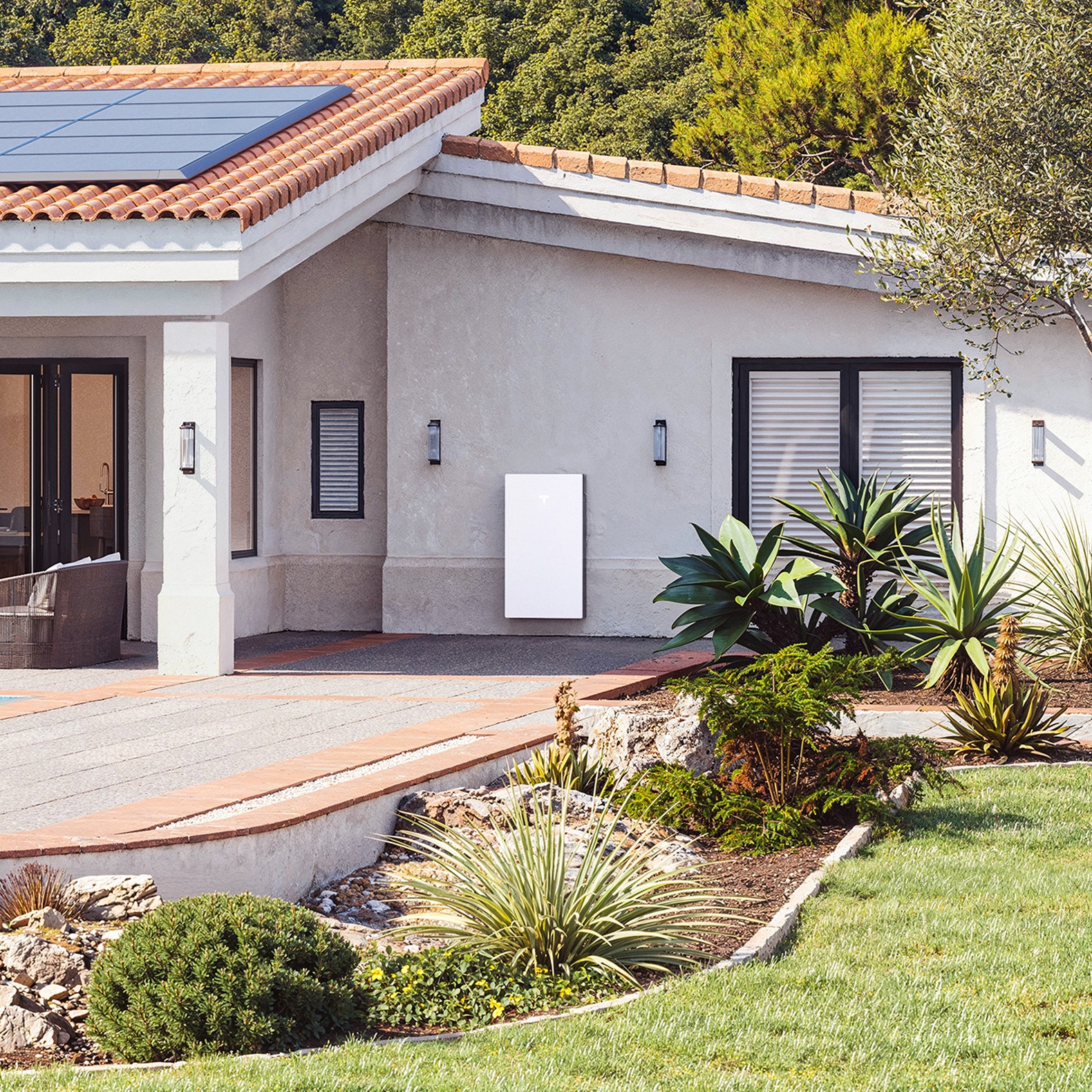
Supply Partners Group has secured a distribution agreement for the Tesla Powerwall in Australia, with inventory expected to arrive in late February and official sales beginning in mid-March 2026.
Under the new agreement, Supply Partners will distribute Tesla Powerwall units and related accessories across its national footprint, as noted in an ecogeneration report. The company said the addition strengthens its position as a distributor focused on premium, established brands.
“We are proud to officially welcome Tesla Powerwall into the Supply Partners portfolio,” Lliam Ricketts, Co-Founder and Director of Innovation at Supply Partners Group, stated.
“Tesla sets a high bar, and we’ve worked hard to earn the opportunity to represent a brand that customers actively ask for. This partnership reflects the strength of our logistics, technical services and customer experience, and it’s a win for installers who want premium options they can trust.”
Supply Partners noted that initial Tesla Powerwall stock will be warehoused locally before full commercial rollout in March. The distributor stated that the timing aligns with renewed growth momentum for the Powerwall, supported by competitive installer pricing, consumer rebates, and continued product and software updates.
“Powerwall is already a category-defining product, and what’s ahead makes it even more compelling,” Ricketts stated. “As pricing sharpens and capability expands, we see a clear runway for installers to confidently spec Powerwall for premium residential installs, backed by Supply Partners’ national distribution footprint and service model.”
Supply Partners noted that a joint go-to-market launch is planned, including Tesla-led training for its sales and technical teams to support installers during the home battery system’s domestic rollout.








